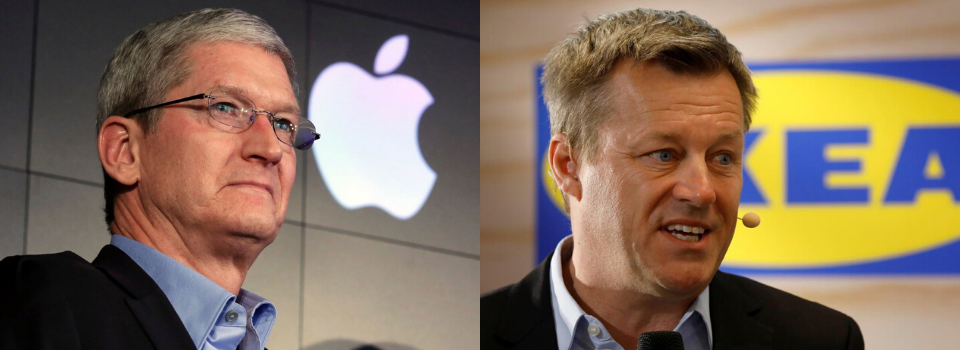Big companies have long been aware that supply chain expertise is needed in the boardroom for a thorough grasp of all business operations. Smaller companies are now catching on as well. Nevertheless, it is still rare to find a Chief Supply Chain Officer seated at the C-Suite conference table.
Supply Chain Executives Still Left Knocking on C-Suite Doors
More and more companies are recognising the importance of the supply chain—and of the specialists who manage this complicated side of the business. Despite this long-overdue shift in focus, however, most companies still stop short of allowing the Chief Supply Chain Officer a seat in the boardroom.
Many Agree: Boardroom Changes are on The Way
A full four years ago, a study by Professor Douglas Boateng, Professor Extraordinarius for Supply and Value Chain Management, found that 48 percent of respondents were confident that the chief supply chain management officer would be a standard C-Suite role within 10 years.
Boateng’s sample drew from Fortune 1000, FSTE 250, JSE 100 companies, and public sector organisations with a combined revenue or spend of well over a trillion USD—in other words, some of the world’s leading corporations.
A recent article in Forbes highlights the importance of recruiting board members who can “speak to and understand the critical role of the supply chain”.
It cites Amazon, Microsoft, Burger King, Ikea, and Proctor & Gamble as examples of where this practice has been applied.
However, trawling through the lists of board members of these companies one is hard-pressed to find an executive bearing the title of Chief Supply Chain Officer (CSCO).
It is true, on the other hand, that, at least in the cases of Apple (Tim Cook) and Ikea (Jesper Brodin), supply chain specialists in those two companies were catapulted into the CEO’s chair.
Same Job, Many Titles—But Seldom Chief Supply Chain Officer
Titles abound when it comes to describing supply chain managers, ranging from ‘global product supply officer’, to ‘executive vice president (supply chain)’, and to ‘senior vice president, supply chain management’. These executives, however, rarely report directly to the CEO and are likely to be denied a place at the C-Suite conference table.
The point is underscored in a recent article in CFO, which stresses the need for more supply chain expertise in the C-Suite.
In many—perhaps most—companies, it argues, no one has been given the title and role of Chief Supply Chain Officer (CSCO) and that by default the chief financial officer, who has neither the time nor the expertise, is obliged to take on the supply chain responsibility.
Why the CSCO Should be in the C-Suite Conference Room
There are many compelling reasons why a CSCO should be seated at the boardroom table. These include the following:
- Supply chain activity in many companies has been shown to have a direct effect on at least 37 percent of operating costs.
- Supply chain touches, influences, and is influenced by nearly every aspect of a company’s business.
- Supply chains by their very nature are complex operations and need a leader who is experienced, skilled and knowledgeable—especially in procurement and logistics.
Supply Chain Executives are Welcome in Our Boardroom
In time, as Professor Boateng has predicted, there is little doubt that a CSCO will be present at the majority of boardroom tables. In the meantime, if you are a supply chain executive, with or without a C-Suite office, you are very welcome to join our Supply Chain Leaders Boardroom programme.
The programme aims to boost your effectiveness in your current role, and to help you develop your executive career, perhaps to the point where you are rewarded by a place in your company’s C-Suite.
Applications are open now, so to register your interest in this unique development programme, just complete and submit the form.




